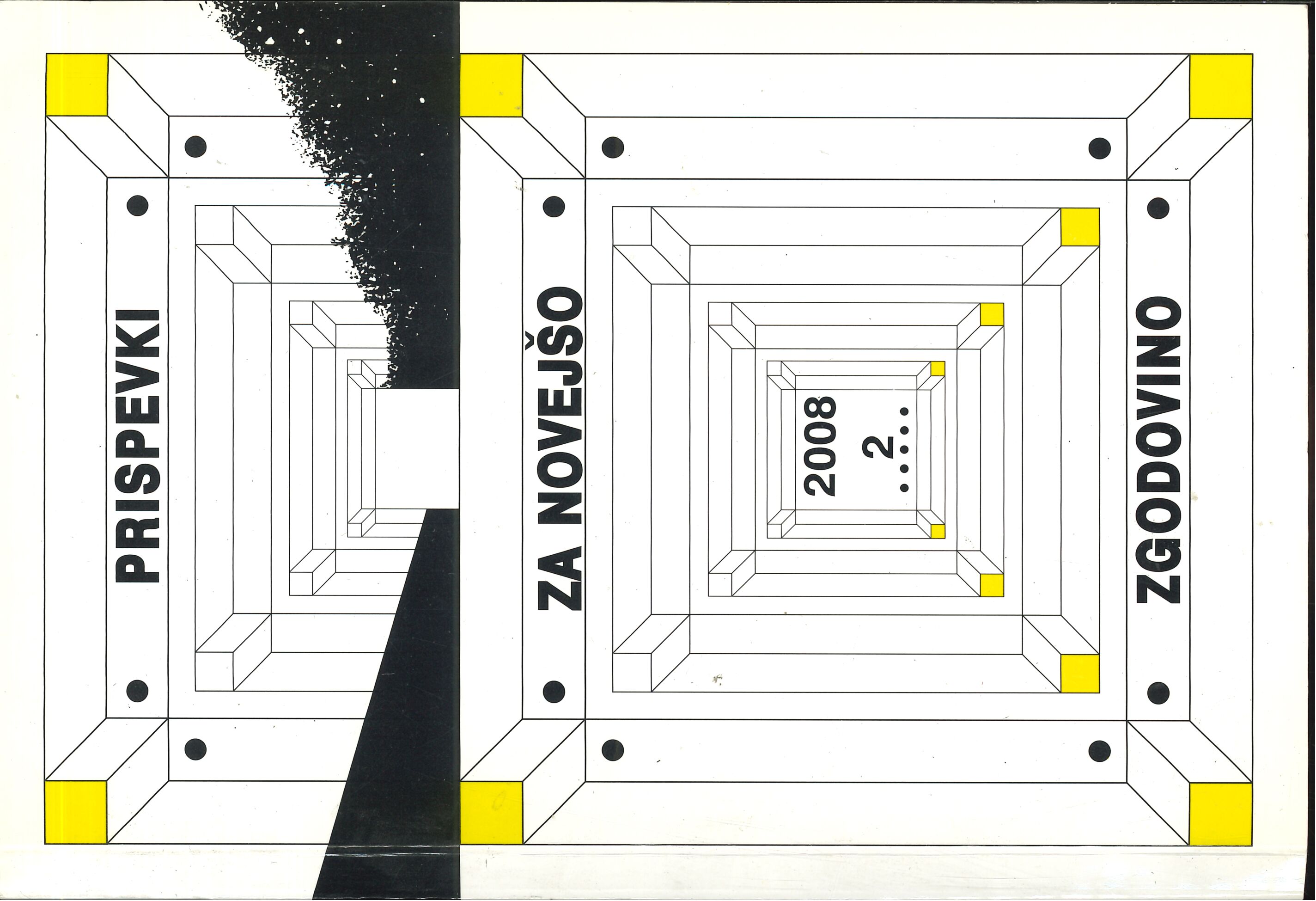Politicisation of the Yugoslav Army in the Period of Democratisation and Attainment of Independence of Slovenia
Keywords:
Yugoslavia, military, Yugoslav People's Army, Slovenia, democratisationAbstract
The author presents the characteristic aspects of the policy of the so-called Second Yugoslavia's Army and its politicisation especially after the death of its Supreme Commander, President of the State Josip Broz-Tito. He underlines the political activities of the Army and its leadership (especially through Federal Secretaries for People's Defence = Ministry of Defence) in the time when two options formed in Yugoslavia in the second half of the 1980s: the first one in Serbia on the national basis with the emphasis on nationalism and demands for the dominance of Serbia and Serbianism in Yugoslavia and on the centralisation of what was constitutionally a federal state; and the second one in Slovenia, where the process of the democratisation of the political life started and demands were made for the reform of the federal system with a greater emphasis on the role and position of individual Yugoslav republics in regard to the central authorities. The Army leadership politically declared itself for the Serbian policy, and in Slovenian policy they saw an opponent which had to be "subdued" through political means, but if that failed, also through military action (possibly a coup). In this period of political life, the Yugoslav Army functioned as a quite independent and influential political subject.
Downloads
Published
Issue
Section
License
Authors who publish with this journal agree to the following terms:
- Authors retain copyright and grant the journal right of first publication with the work simultaneously licensed under a Creative Commons Attribution License that allows others to share the work with an acknowledgement of the work's authorship and initial publication in this journal.
- Authors are able to enter into separate, additional contractual arrangements for the non-exclusive distribution of the journal's published version of the work (e.g., post it to an institutional repository or publish it in a book), with an acknowledgement of its initial publication in this journal.
- Authors are permitted and encouraged to post their work online (e.g., in institutional repositories or on their website) prior to and during the submission process, as it can lead to productive exchanges, as well as earlier and greater citation of published work (See The Effect of Open Access).


